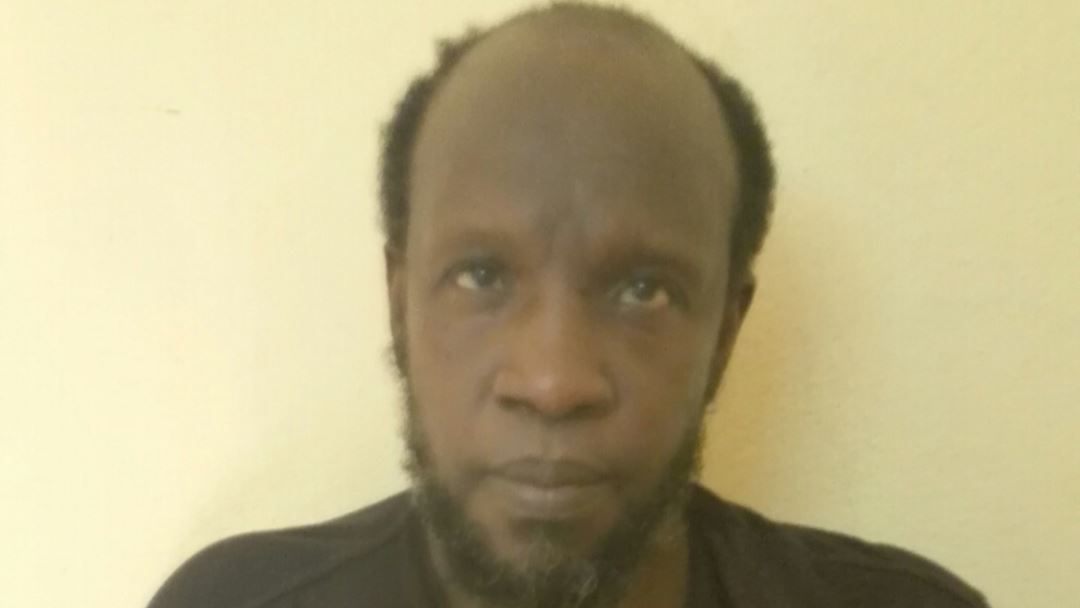A court in Mali’s capital Bamako sentenced an Islamist militant leader and 14 other people to death on Friday for jihadist activity in the south of the war-torn Sahel state.
“I don’t regret anything because our fight is against the secularism of the Malian state. If I had the opportunity, I would do it again,” said the main defendant Souleymane Keita, 61.
- Petrol to sell at N172.17 as FG increases fuel price 5th time in 5 months
- Minister opposes PIB’s petroleum regulatory commissions
The court charged Keita, the head of an al-Qaeda offshoot named Khaled Ibn al-Walid, for attacks carried out in Mali’s south, near the border with Ivory Coast.
Mali has been struggling to contain a brutal jihadist insurgency that first emerged in the north in 2012, and has since spread to the centre of the country and to neighbouring Burkina Faso and Niger.
Thousands of soldiers and civilians have been killed in the conflict to date, and hundreds of thousands have had to flee their homes.
Mali’s south has been relatively spared the violence in other parts of the vast country, however.
Keita is thought to have fought in northern Mali alongside hardened jihadist leaders before founding his own southern group in 2013.
He was arrested in 2016, and a security official said at the time that his group had some 200 members.
The Bamako court sentenced Keita to death on Thursday alongside two other accomplices who were present. The 12 other people who were sentenced to death were tried in absentia.
Although the death penalty is still formally on the books in Mali, the sentence has not been carried out since the 1980s. In practice, a death sentence is equivalent to life in prison.
Anger at Mali’s eight-year jihadist conflict contributed to protests against president Ibrahim Boubacar Keita this year, which culiminated in his ouster in a military coup.

 Join Daily Trust WhatsApp Community For Quick Access To News and Happenings Around You.
Join Daily Trust WhatsApp Community For Quick Access To News and Happenings Around You.

